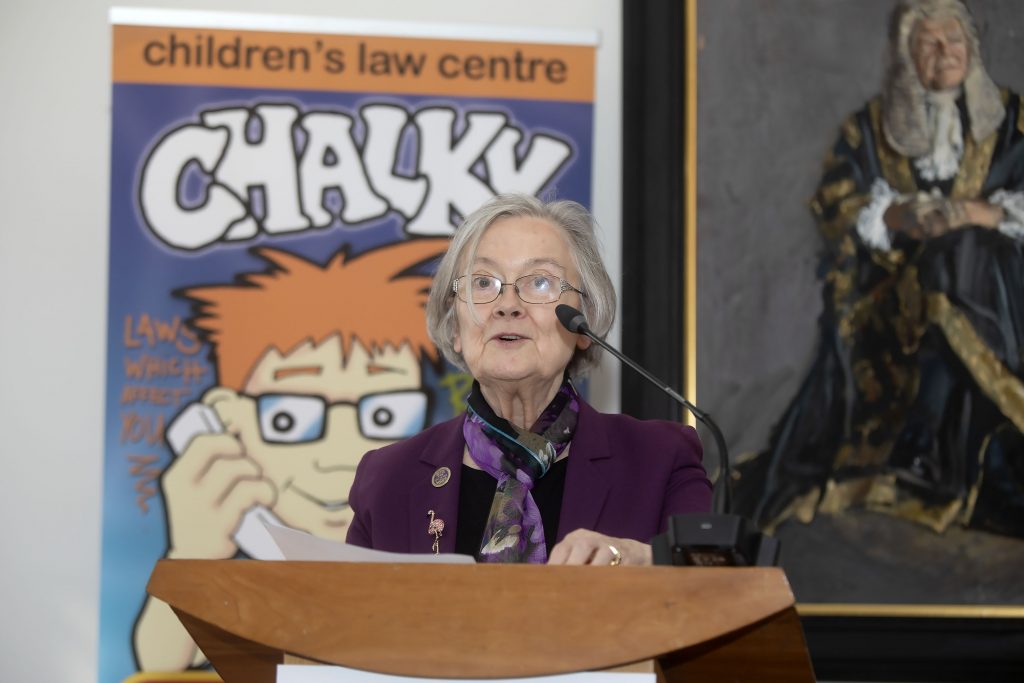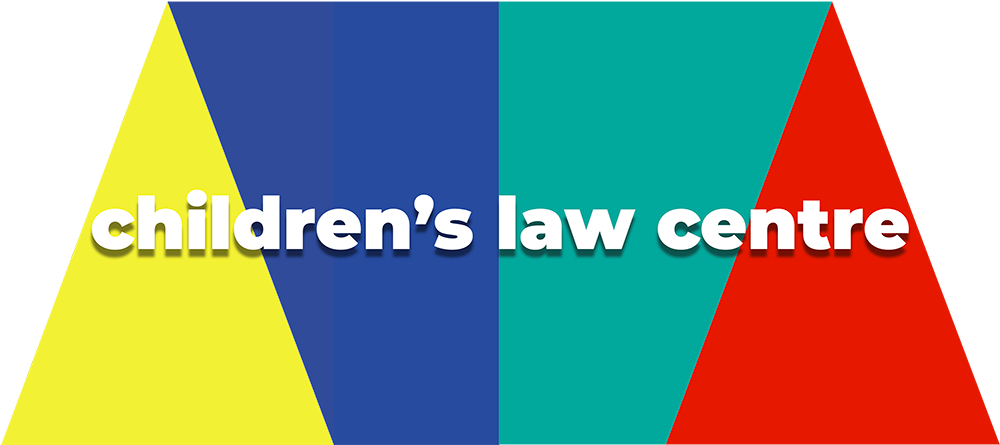Annual Lecture 2019 Presented by Lady Hale DBE
The President of the UK’s Supreme Court Lady Brenda Hale has been to Belfast to listen to demands for more protection for the human rights of disabled children.
And the baroness also talked of criticism from the United Nations of the Government’s record on support for children with disabilities.
Lady Hale was also told that over 150 children present themselves as homeless here every year, and that other teenagers were facing risks because they were being housed in unregulated accommodation.
The Yorkshire-born judge was a guest of the Children’s Law Centre in the Belfast’s Royal Courts of Justice, where she had been with the Supreme Court last year to hear the Ashers bakery case, after which the highest court in the land unanimously ruled that the company’s refusal to make a cake with a slogan supporting same-sex marriage was not discriminatory.
Before her lecture to judges and lawyers yesterday, Lady Hale was described as a champion of human rights who had been an inspiration to the legal profession here and across the water.
Lady Hale spoke of the many different types of disabilities impacting on children who she said were all individuals with the problems they faced – including legal ones – coming in all shapes and sizes.
Lady Hale said many children’s cases were going through the courts as they sought redress of difficulties including the accessing of the public services they need, problems she said which were “often brought about by the severe pressure on funding for local government”.

It was a “huge” issue, she added, and she also cited other difficulties faced by disabled children ranging from poverty, welfare allowances, medical care and education.
Lady Hale said a number of court cases were pending against the Chancellor of the Exchequer and the Secretary of State for Education over the national approach to funding.
She also referred to criticism from a United Nations committee of the Government for failing to adopt a framework to address the poverty of many families of children with disabilities or to “adopt the human rights model of disability into public policies”.
Lady Hale added that the UN was also concerned that the Government hadn’t done enough to tackle bullying and hate crimes against disabled children.
During her address she publicly questioned a recent interpretation by Northern Ireland Children’s Commissioner Koulla Yiasouma of new legislation relating to teenagers who are at the centre of controversy over whether or not they – as opposed to their guardians – have the capacity to exercise their rights to make decisions which affect their lives.
Ms Yiasouma, who was in the audience, said she wanted to follow up Lady Hale’s comments to explain the commission’s stance on a “very complicated legal argument”.
However the commissioner, who has claimed that the absence of a power-sharing government at Stormont has left young people’s mental health services on their knees, also said the address had been helpful to everyone involved in the complexities of children’s rights.
Kathryn Stevenson, head of legal services with the Children’s Law Centre, praised the baroness for her contribution to children’s human rights.
She said: “She has taken monumental strides to increase recognition of and respect for children as autonomous rights holders, to whom duty bearers are answerable and often legally accountable.”
One example she cited was the House of Lords judgment on local authorities’ responsibility for providing emergency accommodation for homeless children aged 16 and 17, a ruling which she said impacted on teens here.
Ms Stevenson added: “Child homelessness is a pervasive issue in Northern Ireland. We estimate that around 150 children present as homeless every year in Northern Ireland, many of whom require emergency accommodation and intensive support due to their individual needs.”
She explained CLC also received a steady stream of referrals concerning children leaving juvenile detention or requiring supported accommodation in order to get bail.
“Many of these children are looked after, but have been excluded from residential care homes as they are difficult to manage in care settings,” she said.
Ms Stevenson said her organisation was also concerned by the rising numbers of teens being accommodated in unregulated B&Bs, hotels and hostels and added that the placements presented risks to the young people.
Belfast Telegraph
By Ivan Little – April 13 2019

